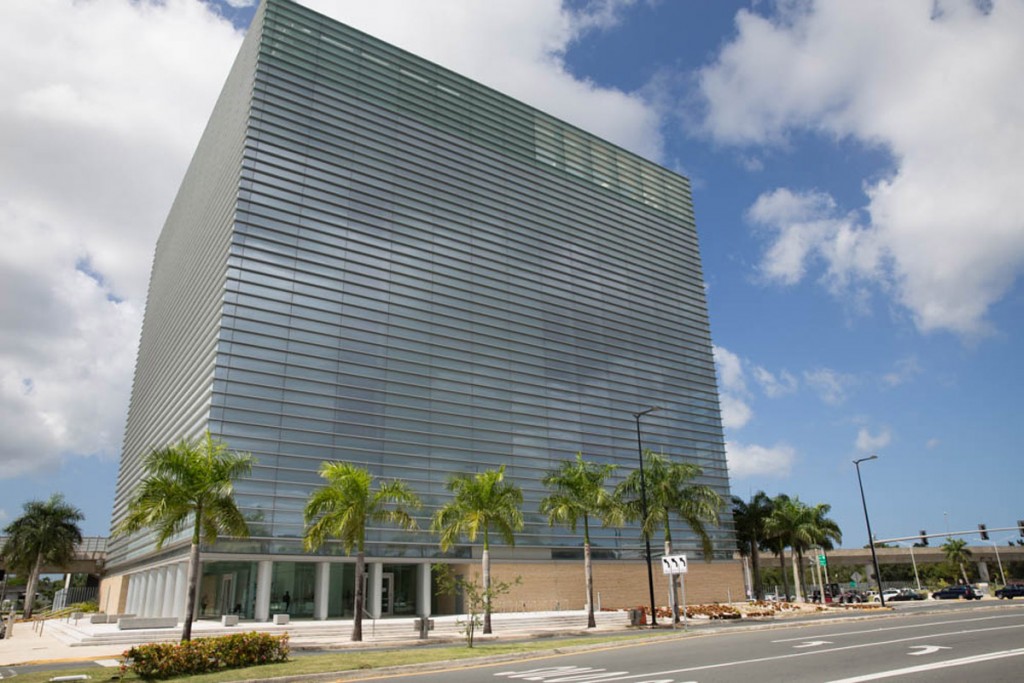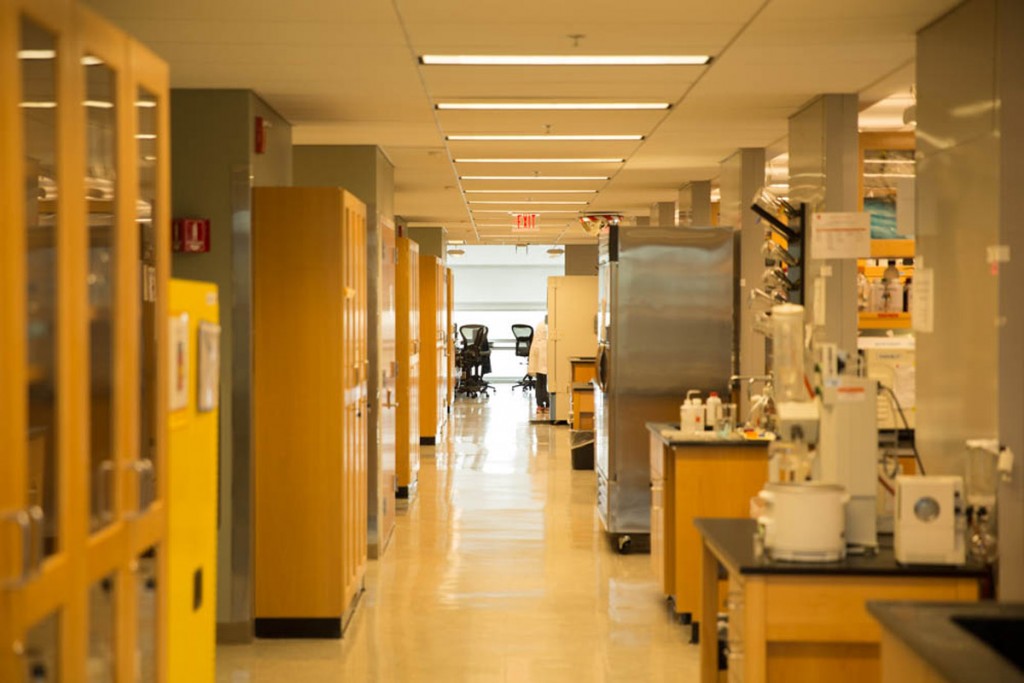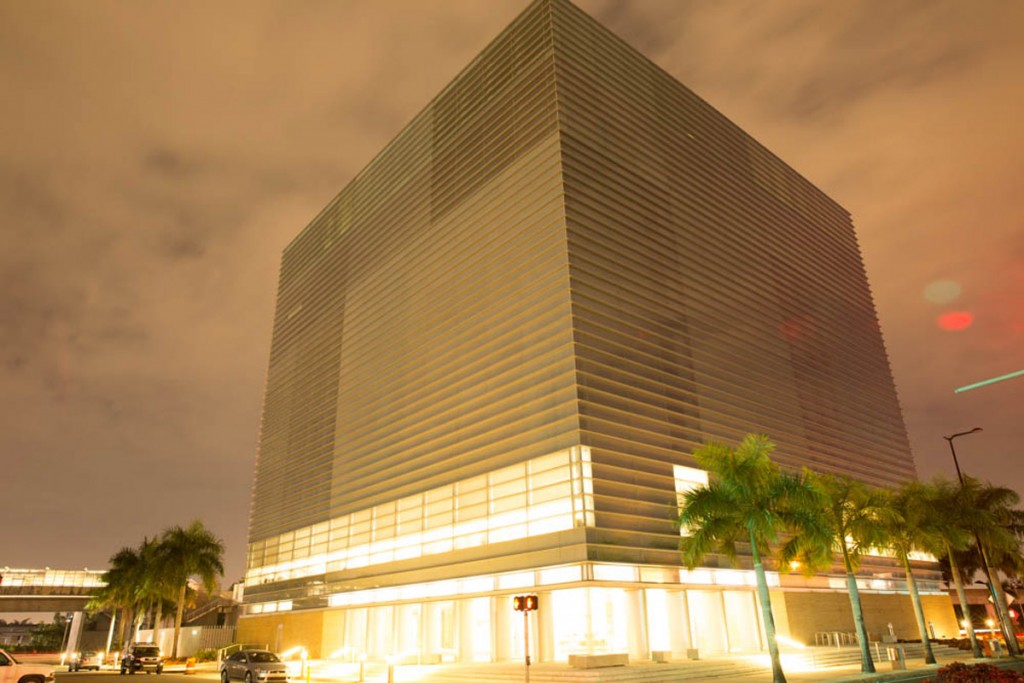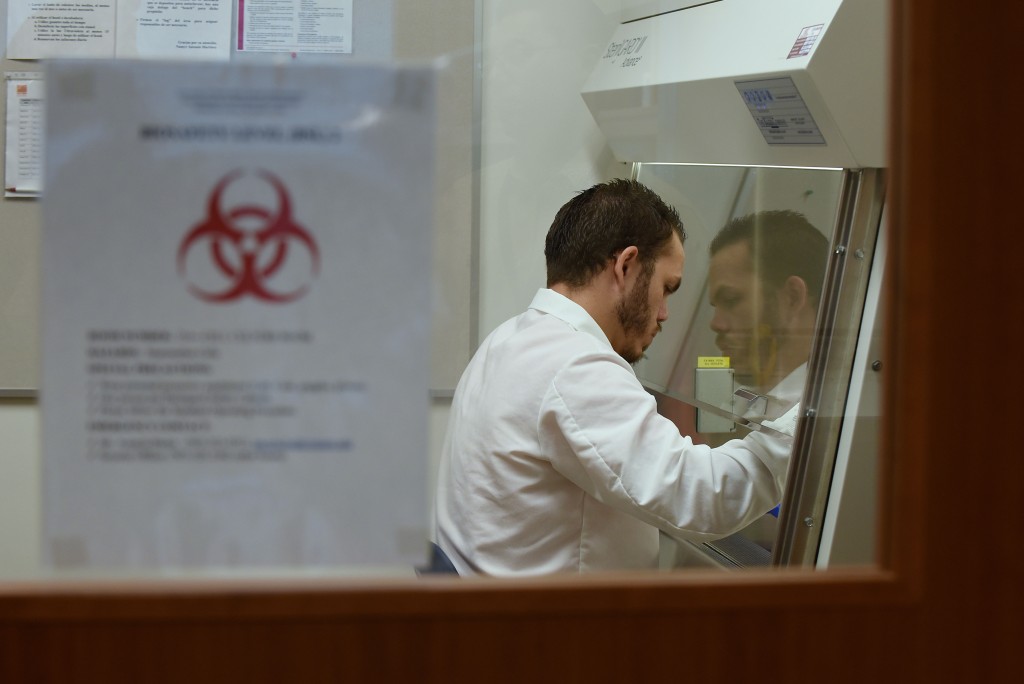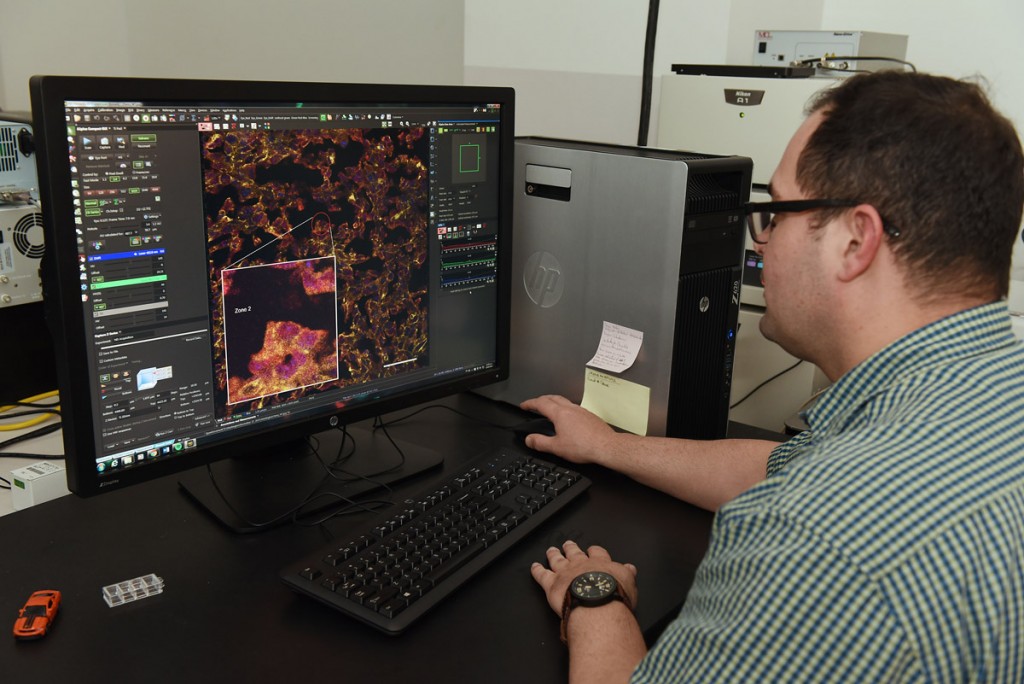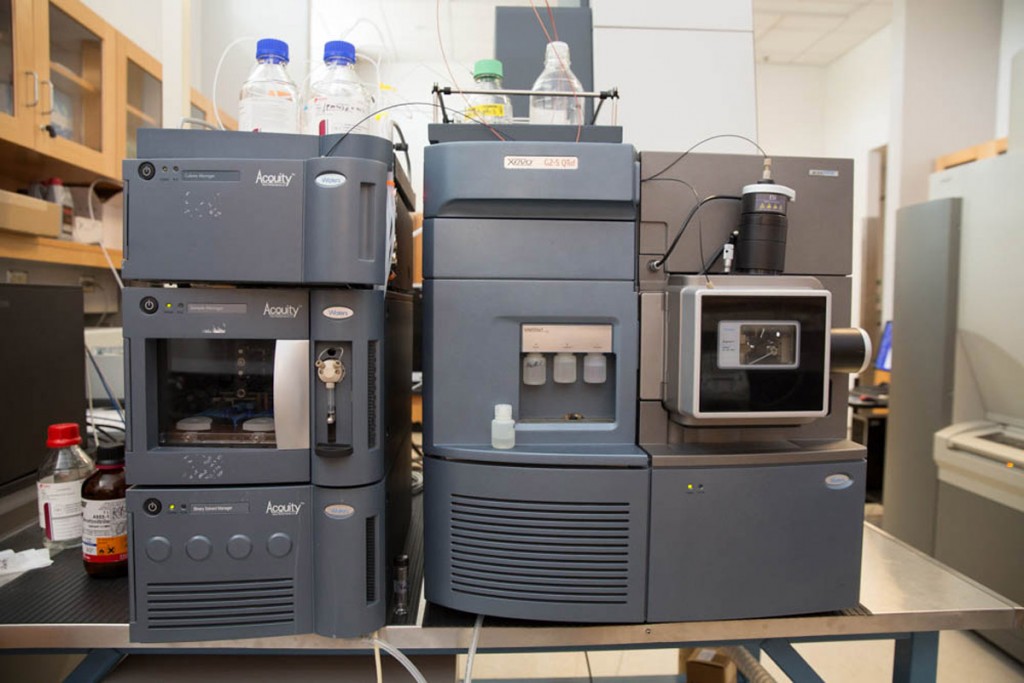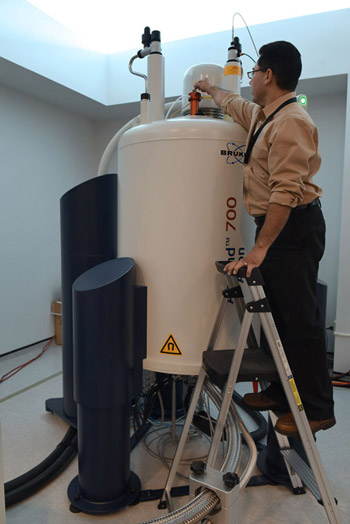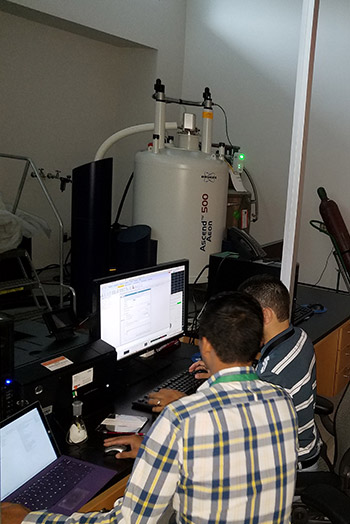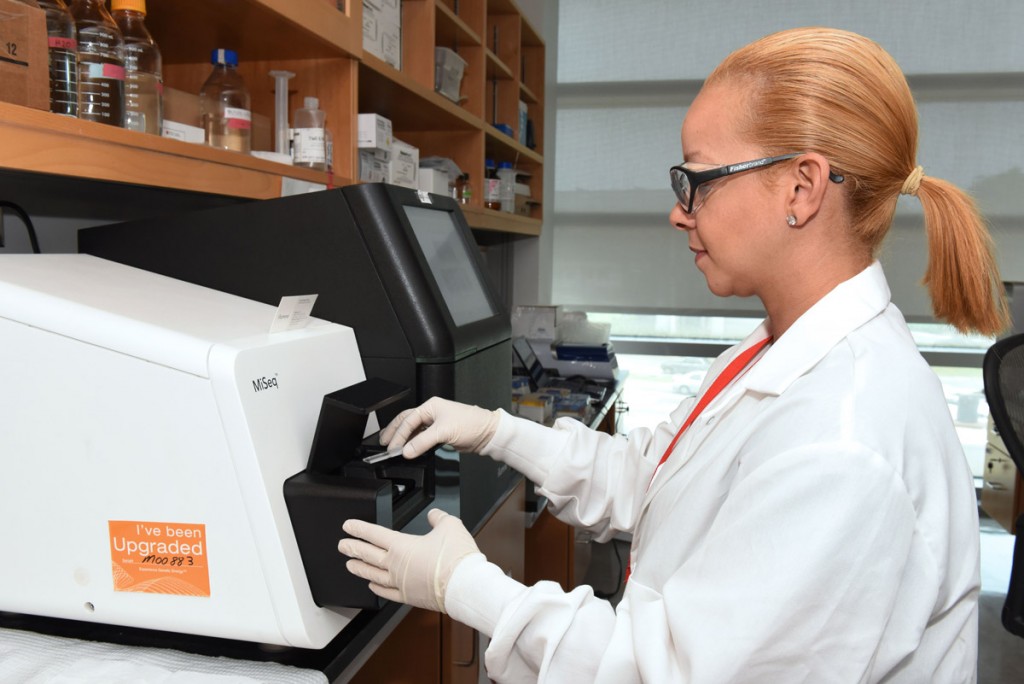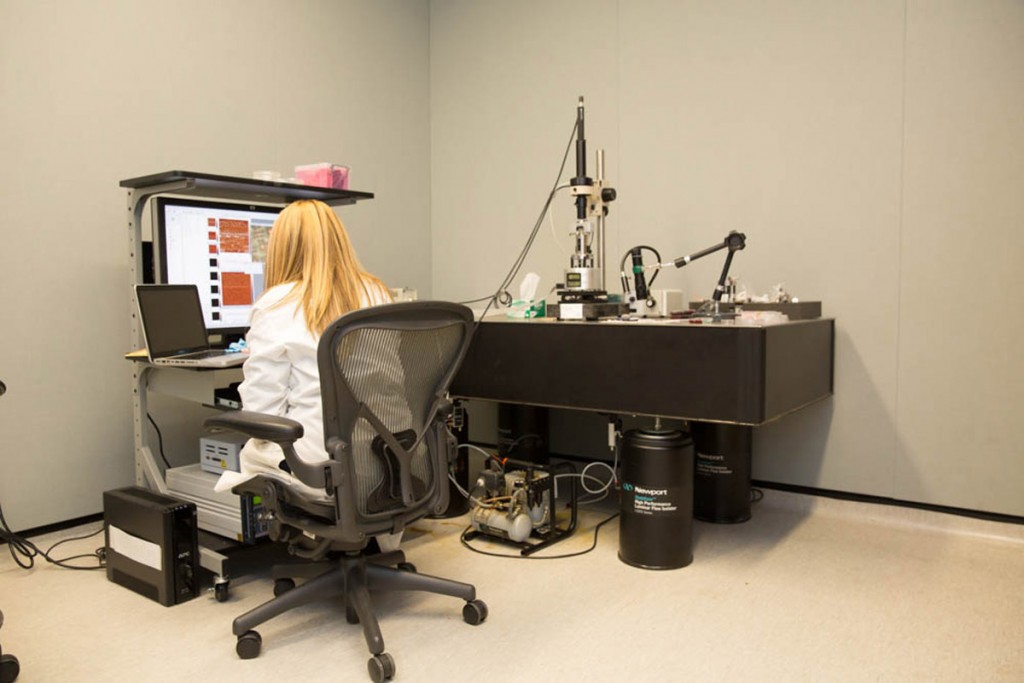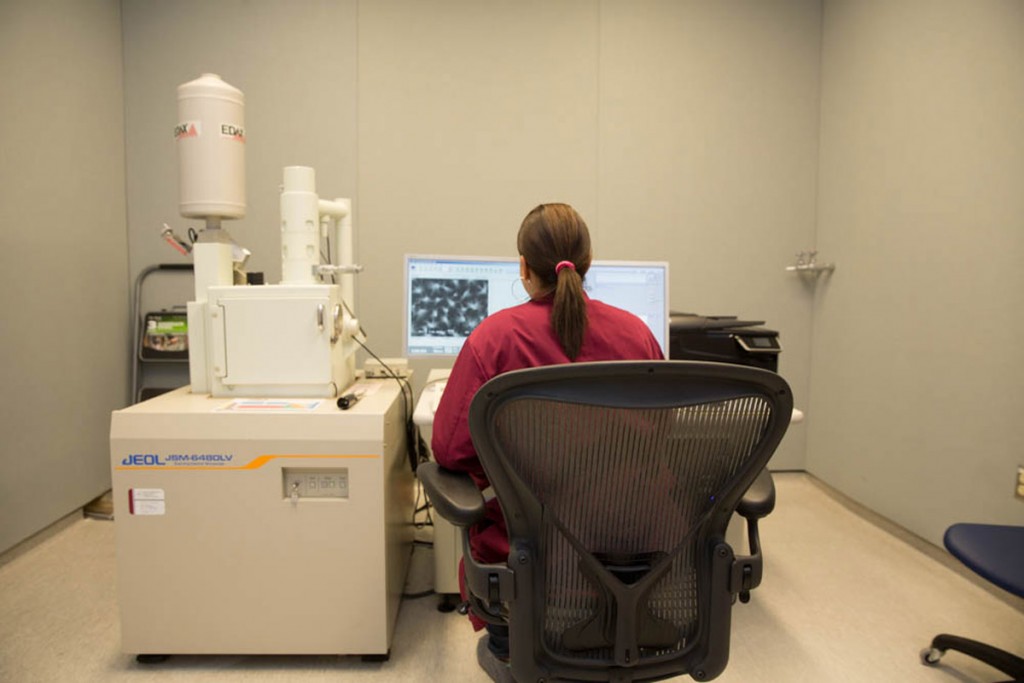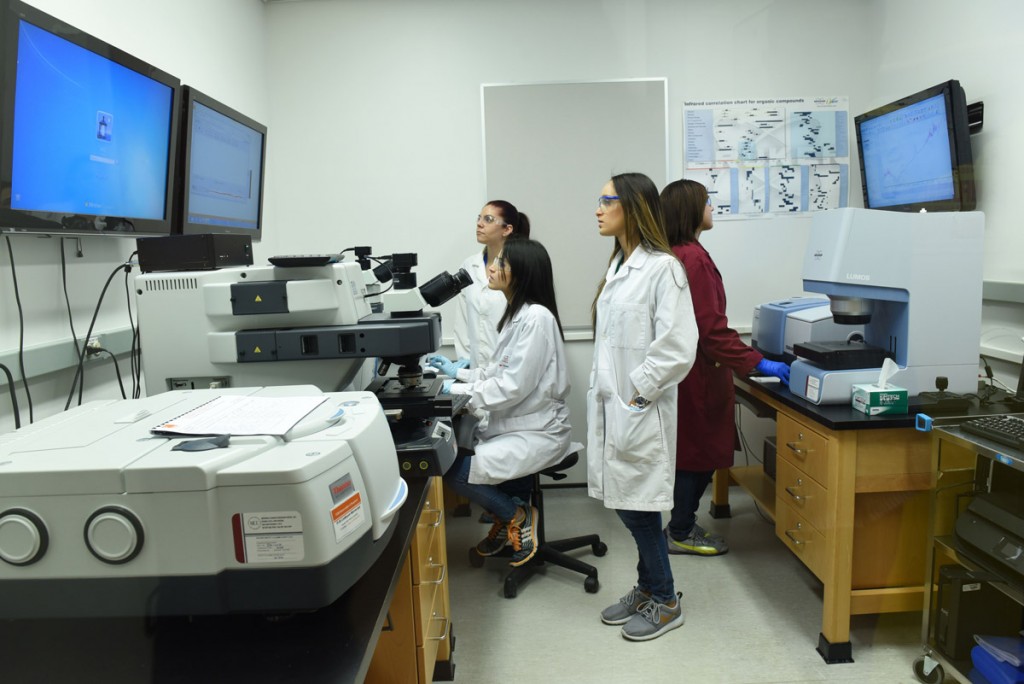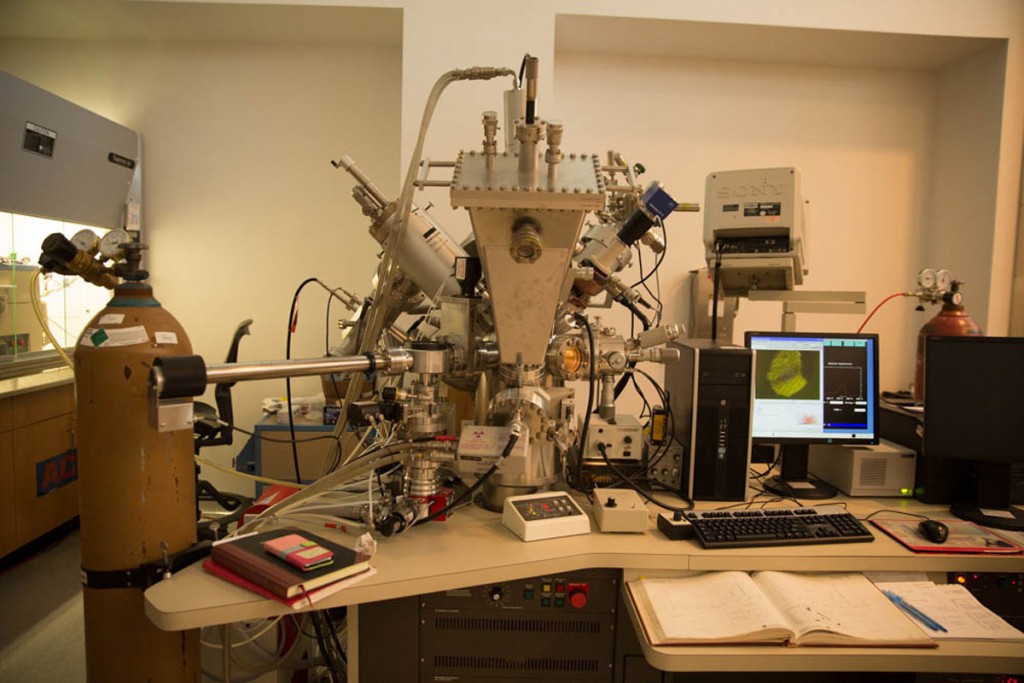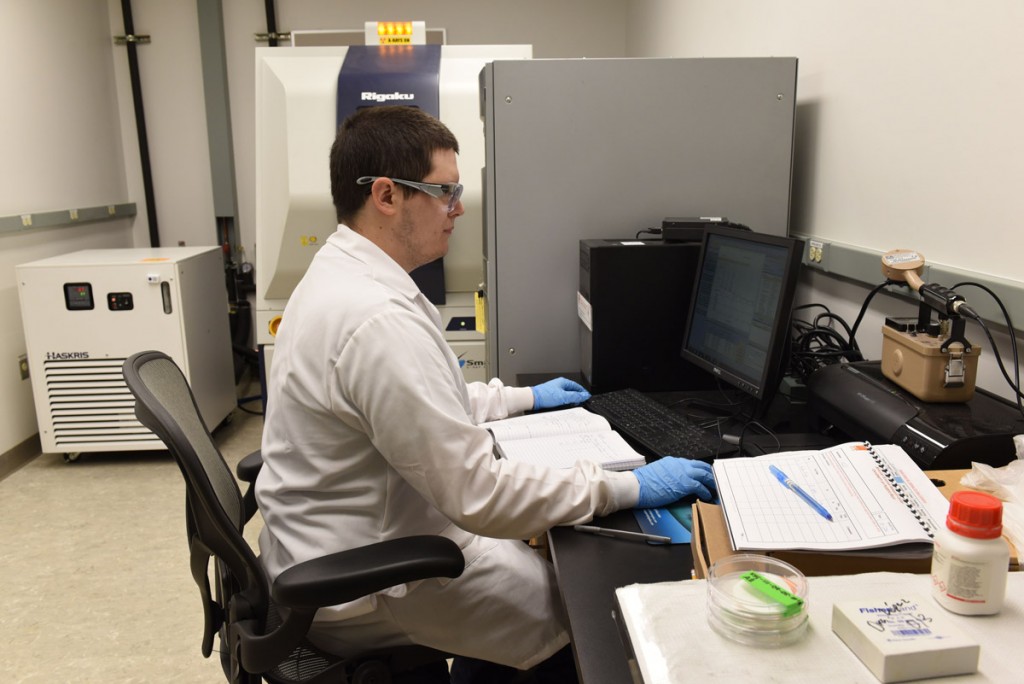The UPR Molecular Sciences and Research Center is a 152,000 sq. ft. advanced research facility with laboratories conducting basic and translational biomedical research in the areas of protein structure and dynamics, molecular biology, genomics, proteomics, bioimaging, pharmacogenetics, and neurosciences. Inaugurated in 2011 it now houses over 300 researchers, students and technicians. The primary goal of the MSRC is to produce a significant increase in competitively funded forefront scientific research by scientists at UPR. The MSRC is the UPR System’s first multidisciplinary environment, designed to meet the needs of cutting-edge research in Puerto Rico for the foreseeable future. This new research space design paradigm features standardization, flexibility and adaptability, systems integration, and ease of sharing equipment and human resources.
Vision
• Strengthen research infrastructure and research disciplines of tradition in PR as foundations of aknowledge-based economy.
• Bridge basic research disciplines with clinical research to foster Translational Research and Technological Innovation.
• Develop world-wide recognized Research Centers in areas of Cutting-Edge Scientific Impact through high level of intra- and inter-institutional collaborations.
• Develop partnerships and collaborations with industry.
• Enhance UPR’s intellectual property (IP) portfolio and the commercialization of research inventions in PR.
• Enrich our society with an “open research culture” by exposing research activities, new technology, training opportunities and discoveries.

